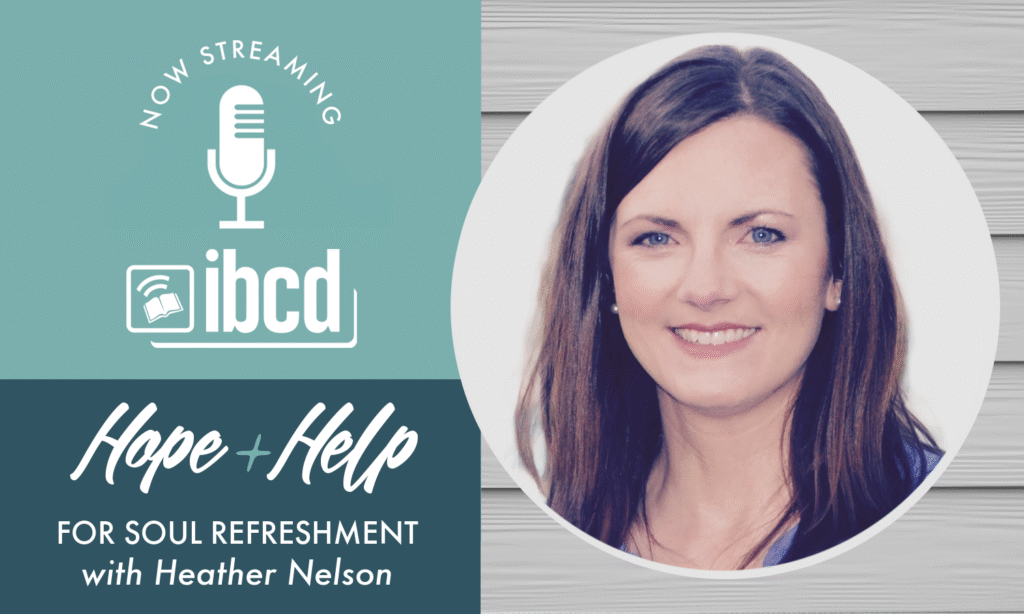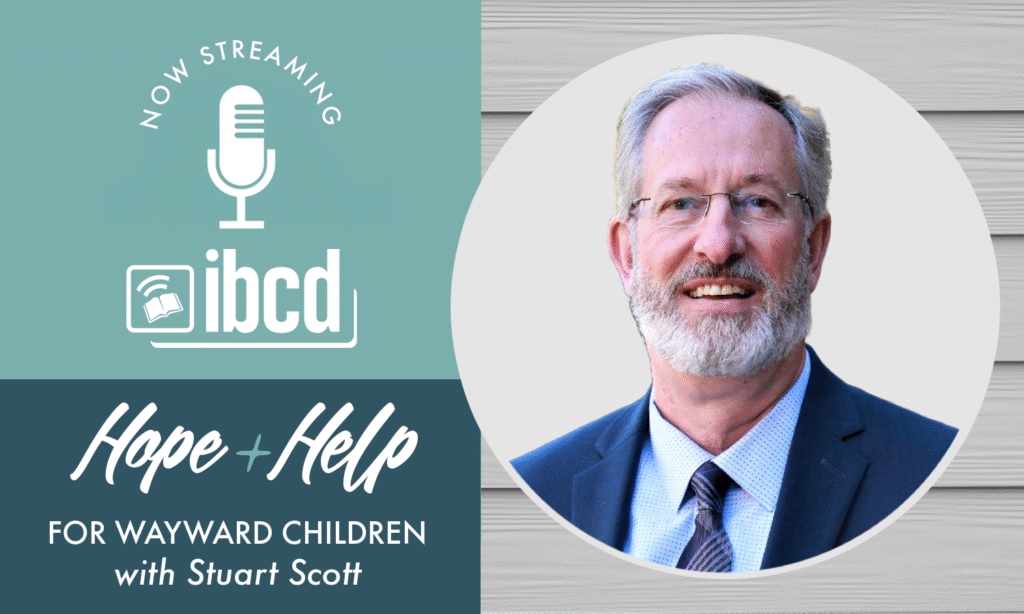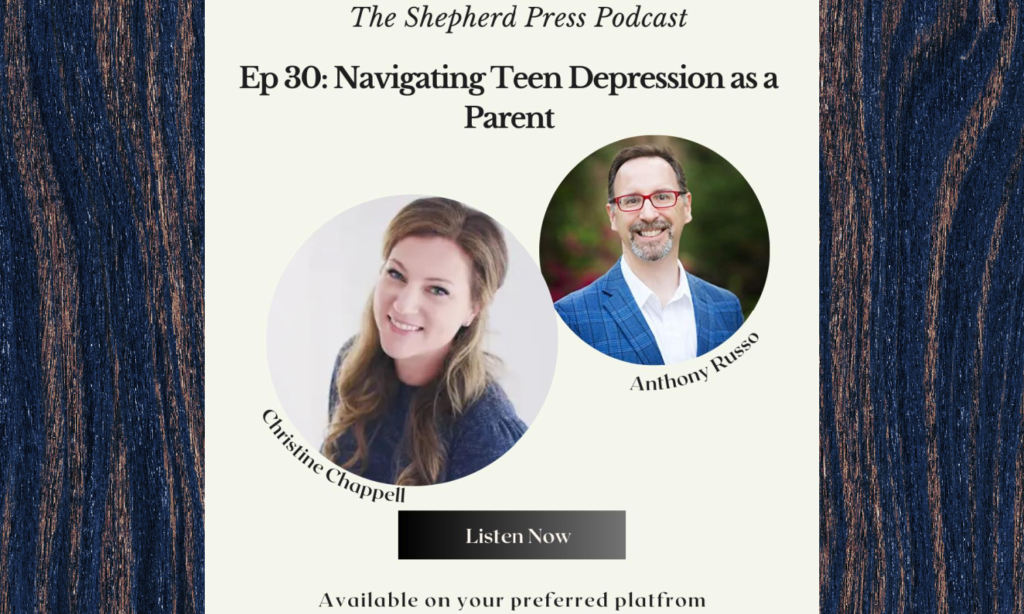The moment I realized I could not escape mental sufferings through an excess of faith, I broke.
I was certain I could shake off my depression with strategic applications of God’s Word, worksheets, and reading. I had poured every faith-filled trick out of my bucket. Doused my depression in every bleach I could think of. Fighting hard to hurry my healing left me reeling in defeat. Not only did the fog linger, it settled into my spirit so deeply, I spent weeks imagining ways to die.
I became so hopeless about the Word’s inability to offer a speedy recovery, I stopped opening the Bible altogether. I didn’t want God’s comforts or promises. I wanted to be "normal"–and it wasn't happening quickly enough. Finally, I dug my feet into dangerous sands: either complete recovery or nothing at all. I didn't know it at the time, but such were the subconscious terms I had adopted in my approach to mental health recovery.
All or nothing. And it was tearing my soul asunder.
I was certain I could shake off my depression with strategic applications of God’s Word, worksheets, and reading. I had poured every faith-filled trick out of my bucket. Doused my depression in every bleach I could think of. Fighting hard to hurry my healing left me reeling in defeat. Not only did the fog linger, it settled into my spirit so deeply, I spent weeks imagining ways to die.
I became so hopeless about the Word’s inability to offer a speedy recovery, I stopped opening the Bible altogether. I didn’t want God’s comforts or promises. I wanted to be "normal"–and it wasn't happening quickly enough. Finally, I dug my feet into dangerous sands: either complete recovery or nothing at all. I didn't know it at the time, but such were the subconscious terms I had adopted in my approach to mental health recovery.
All or nothing. And it was tearing my soul asunder.











